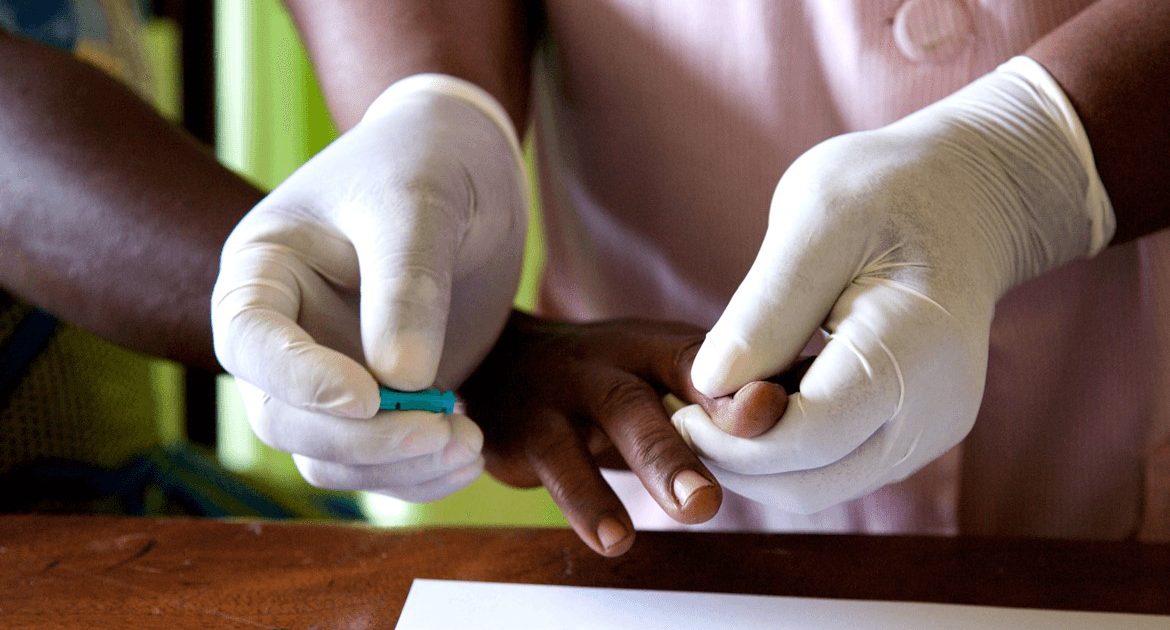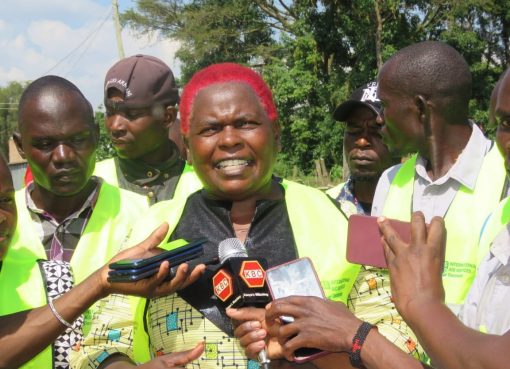The World Health Organization (WHO) has challenged the leadership across the globe to boldly recognize and address inequalities that are holding back efforts to contain the spread of HIV/ AIDs by year 2030.
In a press release marking the World AIDS day celebrations, WHO Director-General Dr Tedros Adhanom Ghebreyesus urged the leaders to come out in solidarity and boldly to tackle the challenges rolling back the gains made to fight the pandemic.
The event under the theme “Equalize” is to encourage the joining of global partners and communities to highlight the need to ensure that essential HIV services reach those who are most at risk and in need, particularly children living with HIV, key populations to HIV and their partners.
“World AIDS Day is an opportunity to re-affirm and refocus on our shared commitment to end AIDS as a public health threat by 2030,” Dr. Ghebreyesus said adding that HIV remains a major public health issue that affects millions of people worldwide but the response to combat the spread was wanting.
He regretted that statistics indicated that “Of the 38 million people living with HIV, 5.9 million people who know they have HIV are not receiving treatment, a further 4 million people living with HIV have not yet been diagnosed”.
Although 76 per cent of adults overall were receiving antiretroviral treatment that helped them lead normal and healthy lives, WHO says that only 52 per cent of children living with HIV were accessing this treatment globally in 2021.
WHO has therefore recommended a renewed focus to implement WHO’s 2022 guidance to reach the HIV and related health needs of key populations and children.
“People must not be denied HIV services no matter who they are or where they live, if we are to achieve health for all,” said Dr Meg Doherty, WHO Director of the HIV, Hepatitis and STI programmes.
While transmission has declined overall in Africa, there has been no significant decline among men who have sex with men, a key population group in the past 10 years, WHO says.
Dr. Doherty added that in order to end AIDS, there is need to end new infections among children, end lack of treatment access to them, and end structural barriers and stigma and discrimination towards key populations in every country as soon as possible.
With only eight years left before the 2030 goal of ending AIDS as a global health threat, WHO calls for global solidarity and bold leadership from all sectors to ensure we get back on track to ending AIDS and, with that, end new syndemics, such as the recent mpox global outbreak.
Mpox is short for monkey pox which saw WHO rename it that way after the outbreak led to racism and stigmatizing language.
WHO says that the overlapping epidemics of mpox and HIV according to its data confirms that a high number 52 per cent were people living with HIV.
“People living with mpox with untreated HIV appear to be at risk for more severe disease than people without HIV,” the data says
The current response to mpox shows that transmission could move quickly in sexual networks and within marginalized populations but it could also be prevented with community-led responses and open attitudes to address stigma, and health and wellbeing could be improved and lives could be saved.
Kenya has witnessed tremendous progress over the last decade in reducing the annual number of new HIV infection and AIDS-related deaths, resulting in improved quality of life for people living with HIV and reduced risk of infection.
Further, in August this year, Kenya also joined the race to produce a vaccine for mpox, a fast-spreading infection whose outbreak constitutes a global health emergency and the World Health Organization’s highest alert level.
At least 96 per cent of people living with HIV/AIDS have acknowledged their status and are receiving treatment. More than 90 per cent of those on treatment have controlled the HIV virus and therefore posing very low risk of HIV transmission
Kenya’s HIV prevalence currently stands at 4.9 per cent with the prevalence in women at 6.6 percent, twice that in men at 3.1 per cent.
Kiambu County commemoration of the World Aids Day will be held at the Ruiru Hospital.
By Wangari Ndirangu





